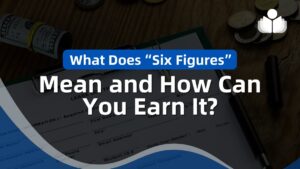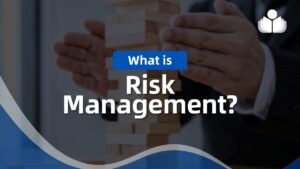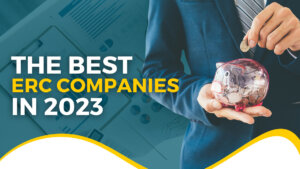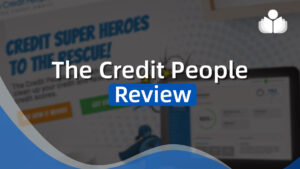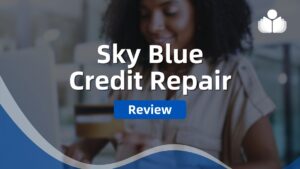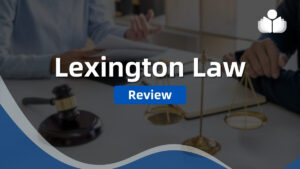The question was asked, “Can anyone tell me what characteristics make a publication a good development tool? What can I do to begin to pull together the various publications so that they help garner parent, student and donor support and further the continued growth of the school?”
First must come the understanding of what development is all about !!
By definition, it’s the building/enhancing of relationships that, eventually, lead to fundraising. But, what many people in the n-p sector forget is that development is also (much more) about the needs of the (prospective) donor than it is about the needs of the institution.
People give because something about their relationship with an institution makes them feel good; and, just as important, because the actual giving makes them feel good. If you think about it, if it made them feel bad, they wouldn’t give !!
So, the role, then, of publications is to market the “good feelings.” Tell the world how Mr. X and/or Ms. Y felt good about being part of a program, about volunteering, about giving.
Sure publications must provide information, but to support development and public relations activities, they must do so in the context of “how people benefit.”
The emphasis being on “people.” Write about how students benefit from giving programs and how parents feel good about seeing their kids benefit.
Don’t write about how the school needs this or that. Write about how “your support will allow/permit/enable student to get this wonderful benefit” — don’t ever phrase it as: “without your support the kids won’t/can’t have this wonderful benefit.”
A poster above your desk would help to stay focused — i.e., “It’s about the Needs of the Donor!!”
Another mistake that many NPOs make is the need to produce/include a brochure for every need/circumstance. No one reads them; they take up space and detract from your message about people. Brochures, full of dry information, might be good to have on hand as supplements — for when they are requested.
Finally, the most important document a NPO can have is their Case Statement — an internal (narrative) document that discusses the institution’s history, accomplishments, current and planned/desired activities — with rationale, and what will be needed (in the way of funding) to make that future stuff happen.
Once you have that (sometimes cumbersome) document, and update it periodically, you never have to reinvent the wheel. Anytime you want/need to write another publication/solicitation, you already have a clear statement of who, what, when, etc. etc.
=-=-=-=-=-=-=-=-=-=-=-=-=-=
Have a comment or a question about starting, evaluating or expanding your fundraising program? With over 30 years of counseling in major gifts, capital campaigns, bequest programs and the planning studies to precede these three, I’ll be pleased to answer your questions. Contact me at AskHank
=-=-=-=-=-=-=-=-=-=-=-=-=-=
Have you seen The Fundraising Series of ebooks ??
=-=-=-=-=-=-=-=-=-=-=-=-=-=
If you’re reading this on-line and you would like to comment/expand on the above, or would just like to offer your thoughts on the subject of this posting, we encourage you to “Leave a Reply” at the bottom of this page, click on the feedback link at the top of the page, or send an email to the author of this posting. If you’ve received this posting as an email, click on the email link (above) to communicate with the author.
 Sections of this topic
Sections of this topic


